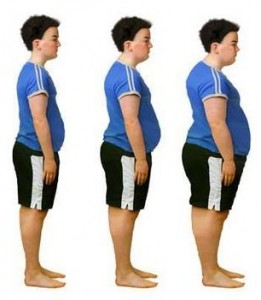 We know that excessive alcohol consumption is dangerous. It is well-documented that drinking leads to motor vehicle accidents, serious diseases, and a weakened immune system.
We know that excessive alcohol consumption is dangerous. It is well-documented that drinking leads to motor vehicle accidents, serious diseases, and a weakened immune system.
But there’s a saying first coined by Parcelsus in the 1500s : “The difference between a drug and a poison is the dose.” And it certainly applies to alcohol consumption. Two important new meta-analyses underscore this point.
In the first article, the authors included 84 studies that look at the connections between cardiovascular risk and alcohol consumption. They came to the conclusion that the evidence is now so clear that moderate drinking reduces cardiac risk that no further meta-analyses are necessary. Instead “debate should centre now on how to integrate this evidence into clinical practice and public health messages. In the realm of clinical practice, the evidence could form a foundation for proposing counseling for selected patients to incorporate moderate amounts of alcohol into their diets to improve their coronary heart disease risk.”
But they didn’t stop there. They also conducted a second meta-analysis of “feeding studies” (where alcohol is experimentally administered). These studies eliminate the concerns about confounding in the observational studies, and can thus point to mechanisms by which alcohol protects against heart disease.
The finding? “Moderate alcohol consumption had favourable effects on levels of high density lipoprotein cholesterol, apolipoprotein A1, adiponectin, and fibrinogen. These results strengthen the case for a causal link between alcohol intake and reduced risk of coronary heart disease.”
“We don’t need any more studies examining this association,” said Dr. Cary Reid, a geriatrician at Weill Cornell Medical College. “This meta analysis is well conducted and is one of many conducted over the past decade that has shown a consistent protective effect of moderate alcohol consumption on cardiovascular outcomes.”
The challenge, Reid says, is communicating the evidence to patients. “It remains unclear whether this finding will be translated into clinical practice given clinicians’ concerns about increased alcohol use – particularly among older people – and the associated effects of falls, fractures, and decreased psychological functioning.”
The key message is “moderate.” And there are some specific guidelines about what that means issued by the National Institute on Alcohol Abuse and Alcoholism. (The rule of thumb is one drink a day for women and two drinks a day for men.)
So raise a glass – but just one of two, and not if you’re driving – to your health.





